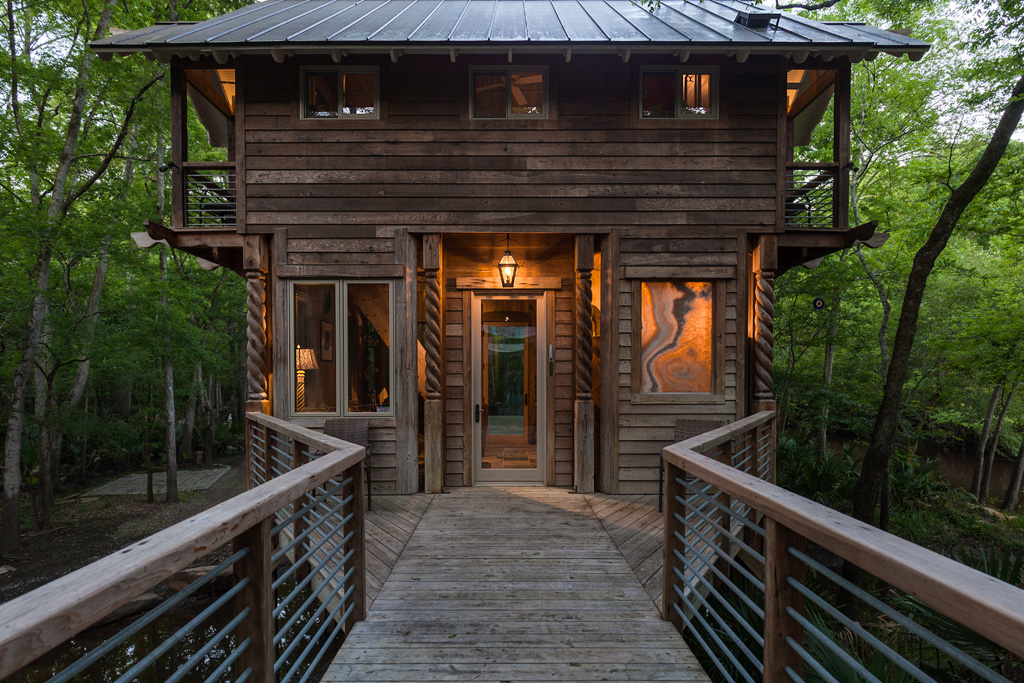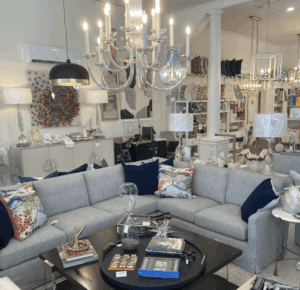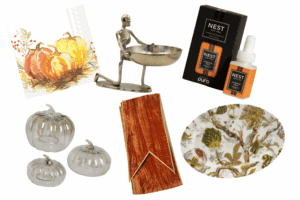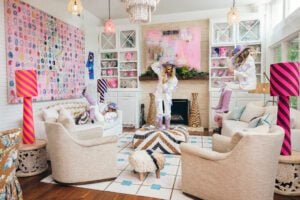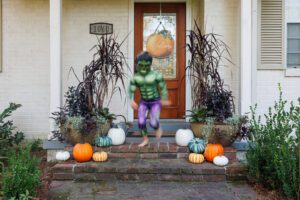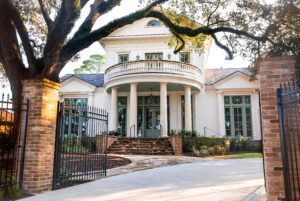Feng shui for the Southerner
Famous for its Acadian heritage, Spanish origins and African influence, the state of Louisiana seems at first far and away from ancient Chinese philosophy. In reality, even mainland China still strives to retain old practices suppressed during the Cultural Revolution of the 1960s, but now, in a world more interconnected than ever, anyone from anywhere can draw inspiration from across the globe, turning once-exclusive ideas into trendy tastes that transcend place and culture.
Feng shui, for example, has for many decades solidified its place not only in the English language, but in the households of American families, whether of Chinese heritage or not. Literally meaning “the way of wind and water,” and with roots that trace back thousands of years, the art of feng shui has been modernized beyond its old spiritual convictions into a simple way to inspire harmony in interior design. A house facing south may not symbolize a phoenix guardian anymore, and may raise doubts about any flow of the life force, Qi, but its direction will help distribute sunlight throughout the home, which may encourage peace of mind through natural beauty—not to mention a potential drop in stressful electricity bills.
“The phenomenon of feng shui is a melting pot of many heterogeneous elements ranging from ancient survival experience (e.g., preference of south-facing homes and burials), cultural norms (certain architectural forms/layouts are preferred), superstitious beliefs, aesthetics, metaphoric connotations and modern scientific interpretations and consideration,” says Jun Zou, professor of interior design at LSU, who focuses particularly on Eastern and Western architectural thinking and aesthetics.
A well-balanced home, after all, with carefully placed items that a family cherishes and respects, can’t be a bad thing. Some of the luckiest items used in feng shui—items that supposedly bring good fortune to a household—often include active elements like fresh water in a fountain, living plants, and aquariums for fish, things that connect the home to nature and perhaps distract the owners from the hustle and bustle of material concerns. For homes in Louisiana, blessed with heavy rains and abundant foliage, this should be especially easy to incorporate.
“Planting screening trees to block the glare is supposed to be a natural action to mitigate or transform the ferocious Qi, 化煞,” says Zou. “But of course, one does not have interpret this scenario in terms of feng shui. Everyone and every family can practice feng shui at home without knowing any of the jargons or Chinese language. In essence, feng shui practice is about establishing and maintaining a harmonic relationship between you and your environment. While a person in the modern society may not always have the flexibility of choosing the large environment (e.g., which country/state/city to live), he or she still has many opportunities to choose what immediate environment to live in, and how.”
Basically, she says, feng shui is more related to how we live in a house than the house itself. If a house is unclean or unorganized, for example, then specific elements associated with feng shui (using yellow to emphasize cheerfulness, or red to symbolize prosperity) just won’t work. There would be, in essence, too much ferocious Qi and not enough auspicious Qi. No magical system exists to magically transform a disharmonious home into a perfect paradise.
“In short, feng shui is about relationship between human and environment,” says Zou. “Your choice and your attitude defines not only yourself, but also your immediate environment. All people around you is part of your environment, thus is part of feng shui; and you are other people’s feng shui, too. Auspicous or ferocious, we can all choose.”




